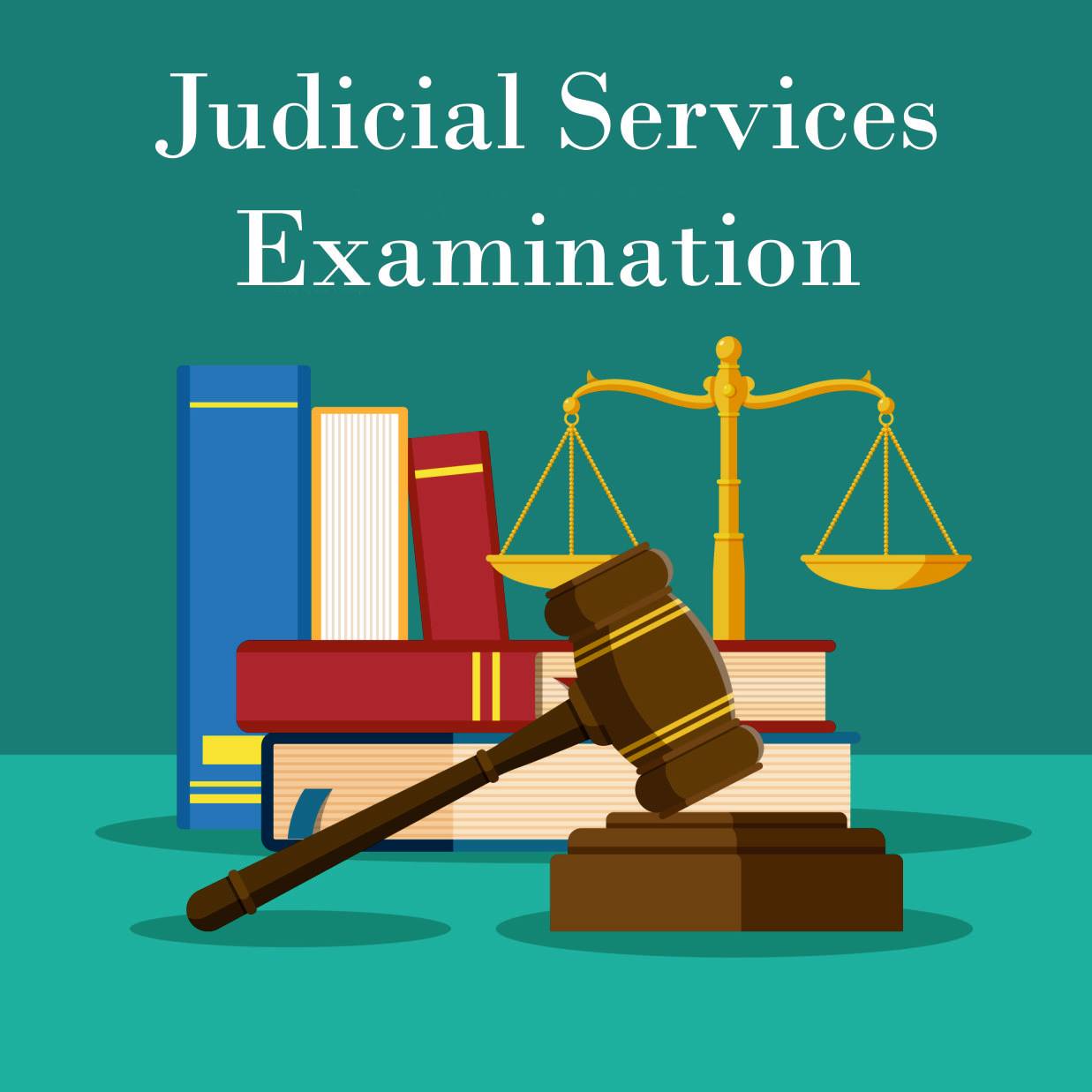- Home
- About ALEC
- Course Offered
- About Exam
- Blog
- Judgements
- Enquiry
- Syllabus
- Online Class
- Privacy Policy
- Enroll Now
Civil Judge Examination: Overview
The Civil Judge Examination, also known as the Judiciary Service Exam, is conducted by various states in India to recruit candidates for the position of Civil Judge (Junior Division). The examination aims to select qualified individuals who will handle civil cases in district courts. It is a prestigious exam for law graduates aspiring to become judges in the lower judiciary.
Eligibility Criteria
To appear for the Civil Judge Examination, candidates must meet the following eligibility requirements:
1. Educational Qualification:
- A Bachelor's degree in Law (LLB) from a recognized university or institution.
- Some states may require the candidate to be enrolled as an advocate under the Advocates Act, 1961.
2. Age Limit:
- Generally, candidates must be between 21 to 35 years of age. Age relaxations may apply for candidates belonging to reserved categories (SC/ST/OBC).
3. Nationality:
- The candidate must be an Indian citizen.
Examination Pattern
The Civil Judge Examination consists of three stages:
1. Preliminary Examination:
- This is an objective-type exam with multiple-choice questions (MCQs).
- It typically tests General Knowledge, Current Affairs, Indian Constitution, Civil Law, Criminal Law, and basic legal principles.
- The preliminary exam serves as a qualifying exam for the Mains.
2. Mains Examination:
- This is a descriptive or subjective-type exam.
- It includes papers on Civil Law, Criminal Law, and other legal subjects as per the syllabus outlined by the state.
- Candidates are required to write essays, solve legal problems, and draft legal documents.
3. Personal Interview (Viva-Voce):
- Candidates who clear the Mains Examination are called for a personal interview.
- The interview assesses the candidate's legal knowledge, communication skills, and personality.
Syllabus
The syllabus for the Civil Judge Examination varies slightly from state to state, but generally includes:
1. Preliminary Examination:
- General Knowledge and Current Affairs
- Indian Constitution
- Civil Procedure Code (CPC)
- Criminal Procedure Code (CrPC)
- Indian Penal Code (IPC)
- Law of Contract
- Law of Evidence
2. Mains Examination:
- Civil Law (Civil Procedure Code, Indian Contract Act, Transfer of Property Act, Law of Torts, etc.)
- Criminal Law (Criminal Procedure Code, Indian Penal Code, Indian Evidence Act)
- Constitutional Law
- Procedural Laws
- Local Laws (varies by state)
- Language Paper (Essay or translation from English to the local language and vice versa)
Preparation Tips
1. Understand the Syllabus: Familiarize yourself with the syllabus specific to the state exam you are appearing for.
2. Study Materials: Use standard textbooks for Civil and Criminal Law. Prepare from previous years' question papers.
3. Mock Tests: Regularly attempt mock tests and practice writing descriptive answers.
4. Current Affairs: Stay updated on current legal developments and general awareness topics.
5. Time Management: Develop a study plan to cover all topics efficiently.
How ALEC Can Help You Succeed
At ALEC, we offer the best Civil Judge coaching in Bhopal, designed to help you excel in all stages of the Civil Judge Examination. Our expert faculty provides:
- Comprehensive study materials
- Regular mock tests to assess your preparation level
- Personalized coaching to address your strengths and weaknesses
- Interview guidance to help you ace the viva-voce
Enrol at ALEC and take the first step towards your career in the judiciary!
